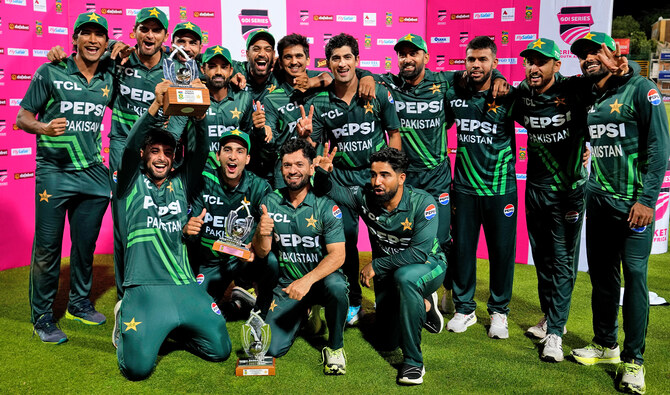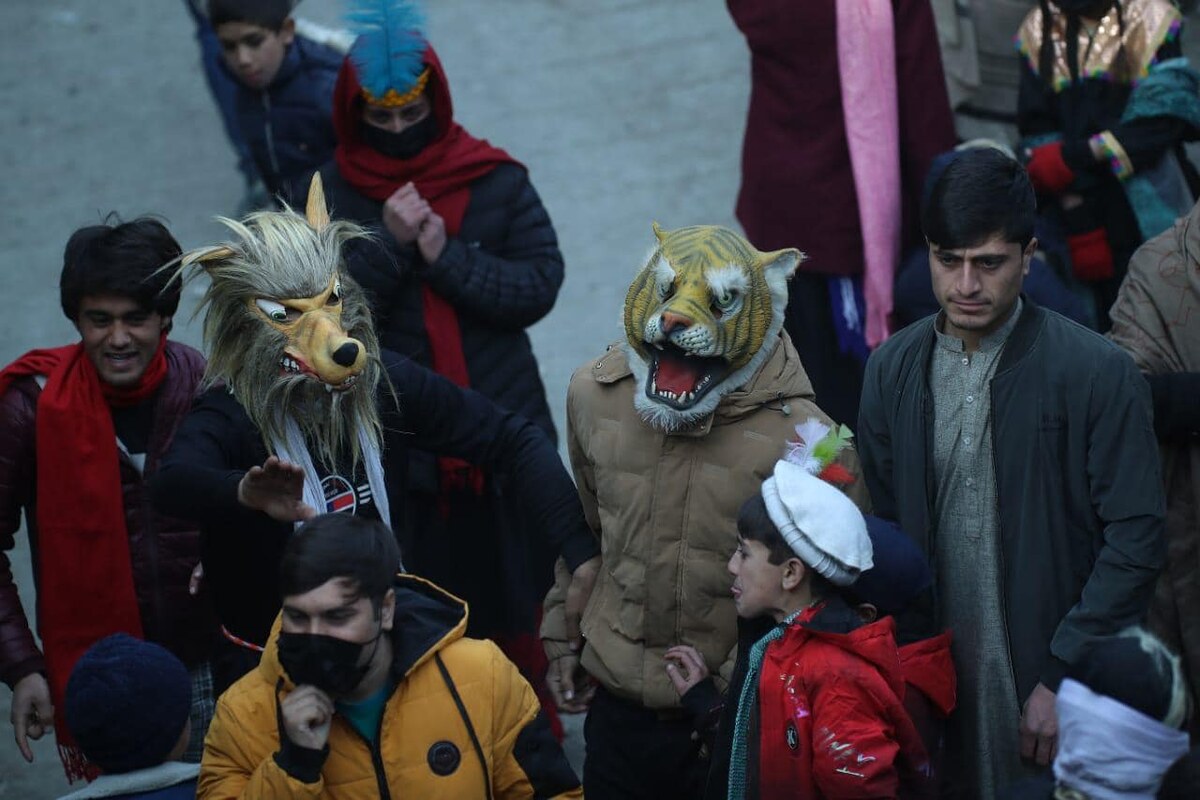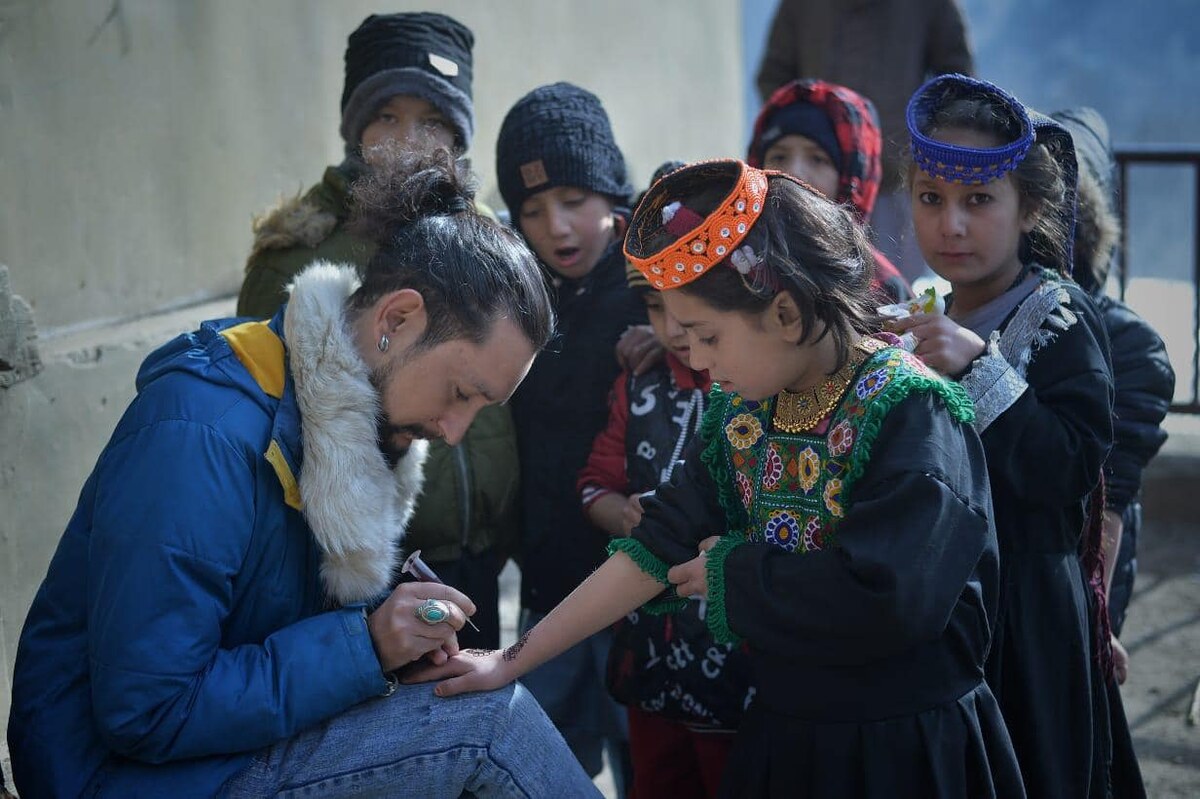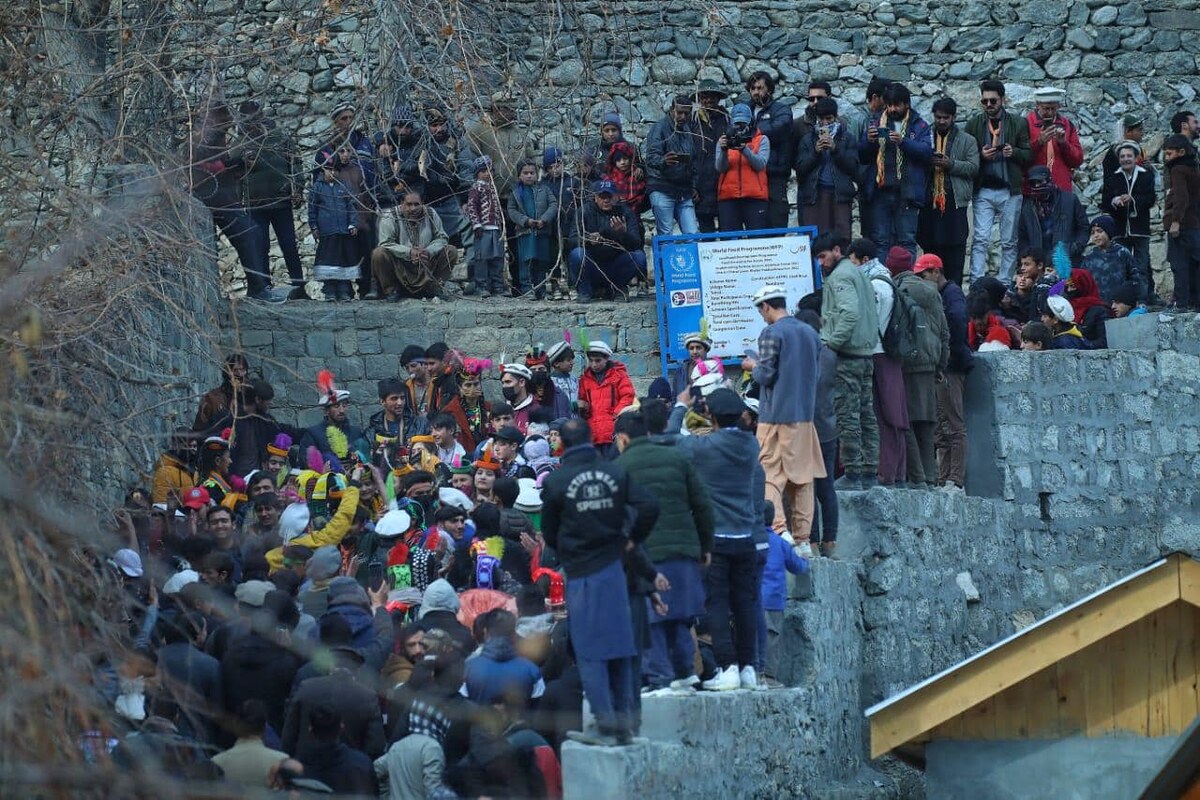ISLAMABAD: He came, he tweeted and was last seen 12 hours ago.
But not before several in Pakistan’s Twitter circle took cognizance of his posts before urging the social media platform to block the account of Tehreek-e-Labbaik Pakistan’s (TLP) leader, Khadim Hussain Rizvi.
Central to all his recent messages is the case of Aasia Bibi, a 51-year-old woman and mother of five who was accused of blasphemy in 2009. A session’s court judge found Bibi guilty and sentenced her to death a year later. The High Court upheld the verdict, making Bibi the first Pakistani woman to be charged for blasphemy. However, the Supreme Court – citing a lack of evidence -- overturned the verdict, acquitting her of all charges and asking for her immediate release on Wednesday. Objecting to the decision, the TLP party has been protesting ever since, pushing for the top court to overrule the verdict and threatening to continue with demonstrations until the Supreme Court gives in.
The government’s latest announcement to ensure Bibi and her family were given a safe passage out of Pakistan added further impetus to his cause with Rizvi urging followers to up their ante. Since blocking the main roads of all major cities in the country, Rizvi and his followers have called for the deaths of the three judges who issued the verdict, despite Prime Minister Imran Khan urging them to exercise restraint and issuing a warning that all miscreants would be dealt with an iron hand.
Adding fuel to the fire, Rizvi even suggested to his followers that Army Chief General Qamar Javed Bajwa was a non-Muslim in order to incite violence against him.
Now, Pakistan’s Twitter users are saying enough is enough.
“I reported @KhadimRizviReal account to twitter and they returned to me with a dismissal of my report. I don't boast a big following on twitter but I will make it my life's work to get this hate monger off of twitter, fb and hopefully the Internet altogether,” tweeted Umer Naru. The post has been retweeted more than 200 times.
Journalist and editor, Aamina Haider Isani, joined the chorus by questioning why Rizvi has not been blocked from Twitter already, while tagging Information Minister Fawad Chaudhary in the post. “How difficult is it to get Khadim Rizvi blocked on social media for incitement of violence? I hear there's a cyber crime law ... why isn't it taking action? @fawadchaudhry,” she said.
Several others accused him of promoting hate on the platform, something which Bytes for All -- a human rights organization that fights against censorship of the internet – disagrees with, reasoning that Rizvi’s posts are not on his actual verified page.
“We have noticed that his verified account has not been used for dangerous speech but it proliferated from associated accounts. We have been monitoring this verified account very closely. Tweets from Maulana Khadim Rizvi’s account so far have been merely political expression, challenging state authorities and narratives, which at times touch the boundaries of being offensive but not violating the international principles of free speech and community guidelines of Twitter platform. Twitter has taken down dangerous speech from few of the TLP accounts,” Ahmad Shazad from Bytes for All said.
That being said, if it does not fall under Twitter’s domain, Ahmad says violations of Pakistan’s own cyber laws should be put into effect. “We believe that local laws should apply if there are credible threats to civil and public order and should be dealt as per law,” he added.
Taking the CEO of Twiiter, Jack Dorsey, into confidence, @Gulmeenay wrote: “Dear @jack This account has been reported again and again for hate speech. This man urges his followers to kill people almost every days. I can’t understand why no one from @Twitter @TwitterSupport has taken any action.”
Reasoning that the only way to counter hate speech was to speak in a more peaceful manner, Ahmad said that the TLP was milking their presence on social media platforms as they do not enjoy positive media coverage offline.
“Social media in Pakistan is always chaotic and filled with difference of opinion. In the context of TLP, they do not have any media coverage in the country but they use social media effectively to reach out to their supporters. We believe that hate speech can only be countered with more speech. However, if hate speech turns into incitement to violence then rule of law comes in and the state authorities need to take action,” he said, adding that this should not be at the cost of limiting anyone’s basic rights.
“Rule of law and upholding the constitution is the key here. Even in the emergency situations fundamental rights cannot be suspended. Public life right now is hostage to these protestors and we hope that security agencies will ensure public safety and restore normal civil life as soon as possible,” he added.
REACTIONS
How difficult is it to get Khadim Rizvi blocked on social media for incitement of violence? I hear there's a cyber crime law ... why isn't it taking action? @fawadchaudhry
— AHI (@aamnaisani) October 31, 2018
Dear @jack This account has been reported again and again for hate speech. This man urges his followers to kill people almost every days. I can’t understand why no one from @Twitter @TwitterSupport has taken any action. https://t.co/jzBZWzLH6Q
— Gule (@gulmeenay) November 1, 2018
I reported @KhadimRizviReal account to twitter and they returned to me with a dismissal of my report. I don't boast a big following on twitter but I will make it my life's work to get this hate monger off of twitter, fb and hopefully the Internet altogether.
— Naru (@umernaru) November 1, 2018
Come on @TwitterSafety this guy is using your platform to incite violent protests in #Pakistan - please take down this account! https://t.co/Gg4y4cOlu5
— Sehar Tariq (@sehartariq) November 1, 2018
@Twitter this man has directly called for the murder or 3 sitting court justices of Pakistan. How does he meet your community guidelines???
— Arhum (@arhuml92) November 1, 2018






















